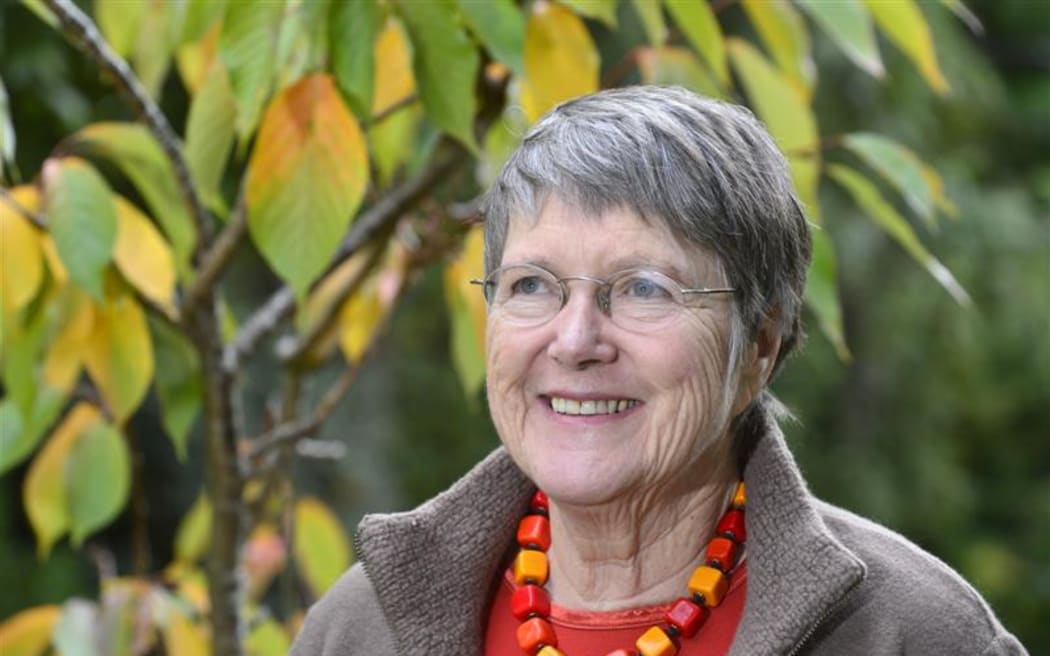"Miracle is not a word we use very often in science, but it was an accidental miracle" - Dr Divya Adhia of the Dunedin School of Medicine on Lynley Hood's restored eyesight.
Hood, an award-winning 80-year-old writer, doesn't use the word 'miracle' herself – "there are so many crackpots around" – but admits her story is pretty extraordinary.

Dunedin writer Lynley Hood Photo: PETER MCINTOSH / Otago Daily Times
In 2011, the eye disease glaucoma stripped Hood of the ability to read and write. Twelve years later, she tells Jesse Mulligan how a placebo treatment administered in a chronic pain trial has restored her eyesight.
Visual impairment from the "fairly rare" form of glaucoma Hood was eventually diagnosed with came on quite quickly, Hood says.
"I was reading in bed and my left eye went blurry. I thought 'oh, time to put the light out' and in the morning it was still blurry and something had happened.
"[Once glaucoma was diagnosed] the expectation was that it would never get any better and they would just try and make sure it didn't get worse too fast."
Eventually, the effects of glaucoma forced Hood to stop writing and only allowed her to read very, very slowly.
Still struggling with pain from a pelvis fracture caused by a 2020 fall, earlier this year Hood signed up for a trial of chronic pain treatments at the University of Otago.
"You sat in a chair in the neurology research section with a thing like a bathing cap on your head full of electrodes, five days a week for four weeks for half an hour each time."
Until the trial was completed, Hood did not know whether she was in the test group - who received electrical stimulation into the brain - or the placebo group who had the electrical current passed across their scalp. It was the latter.
"The beauty of all these wonderful people in neurology at Otago is they've got such flash equipment. They could look at my brain and what had happened and during the [electrical stimulation] process the part of my brain that turns electric signals from my eyes into words and pictures and colours had got very excited.
"What appears to have happened was the current went into my eyes and the cells in my retina went 'hey guys' and sent all these messages down to my brain to make words and pictures and colours."
With her colour vision previously "crap", Hood now enjoys visiting the Dunedin Public Art Gallery and of course has already returned to reading and writing.
Dr Divya Adhia's research team is now designing another study - to run alongside the chronic pain study - which will investigate what happened to Lynley Hood and how electrical stimulation could be used to improve low vision for other people.

